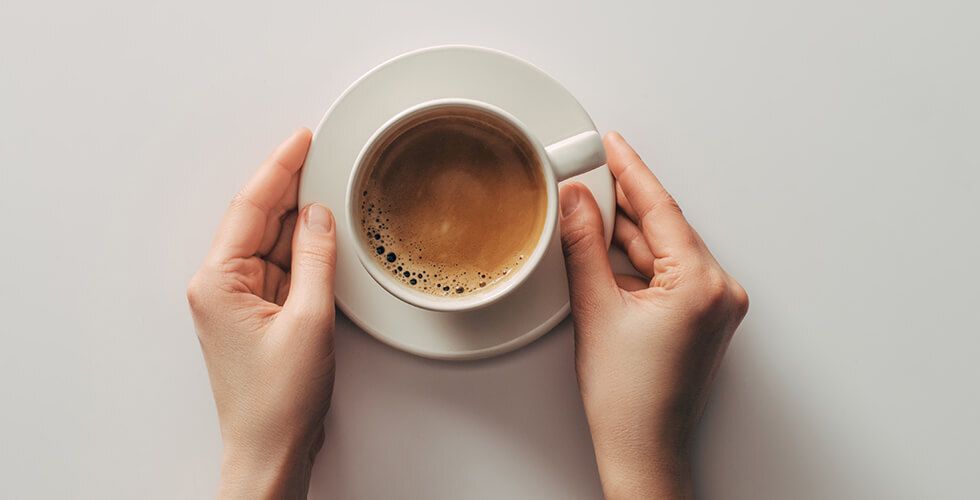
More than 80% of Americans consume caffeine daily, but only 6% of regular drinkers have successfully quit, according to a recent Yahoo/YouGov poll. For some, ditching their daily fix is life-changing.
Brigette Muller learned this firsthand after unknowingly “accidentally” becoming hooked on Olipop’s Vintage Cola during the pandemic. Each can packed 50 milligrams of caffeine, and soon she was downing three a day. When she tried to quit, iced lattes replaced soda. Finally, an “intuitive hit” convinced her caffeine was keeping her in constant fight-or-flight. After tapering with kombucha, she quit completely—and felt truly calm for the first time.
For writer Jordan Tarver, quitting was about reclaiming creativity. Even small amounts of coffee left him jittery and anxious. “On a day with nothing to do, one cup made me feel like I had a thousand things on my plate,” he says. Going cold turkey restored his focus and steady energy.
Why is it so hard to quit? Caffeine is a brain stimulant with addictive properties, explains nutritional neuroscientist Lina Begdache. It activates the brain’s reward system, which is why withdrawal—marked by headaches, fatigue, and irritability—hits so hard. Luckily, the worst symptoms usually fade within nine days.
Some research suggests moderate caffeine, especially from coffee, may protect against heart disease and diabetes. But for those sensitive to its effects, quitting can bring big benefits: balanced energy, better sleep, calmer moods, and even clearer skin.
Pediatric occupational therapist Allie Williams compares quitting caffeine to giving up alcohol: “When you quit an addictive habit, you have to face everything underneath it.” Her advice? Taper slowly, expect withdrawal, and move your body to boost natural energy.
For Muller, Tarver, and Williams, breaking free revealed a surprising truth: their energy wasn’t in the cup. It was in them all along.

